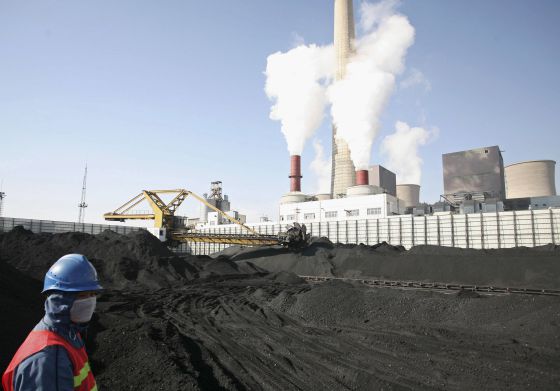
The political scientist and historian specializing in the Middle East, Timothy Mitchell, is the author of "Carbon Democracy", a work in which he makes a gives a lucid reading to the relationship between political power and oil, essential for anyone interested in energy. We present here a brief summary of that study, through various sources.
To the question: Are energy sources carriers of political models? Timothy Mitchell responds with a resounding "yes". "The shift from coal to oil during the twentieth century has eroded the potential for mobilisation of the working class and the power of dedicated experts."
The author is particularly interested in the shift towards coal in the nineteenth century and from coal to oil in the twentieth, and proposes that the physical properties of coal and oil respectively have facilitated the birth of modern democracies and colonial and neo-colonial imperialism. In this sense, he argues that the passage from biomass to non-renewable carbonic energy reorganizing territories in doing so, led to the birth of political mass movements. This change generated a large spatial and temporal concentration of energy by 1820 in England, to the extent that the coal industry was able to produce an amount equivalent to the exploitation of all the energy contained in the country's forests.
From 1880 onwards, the extraction and transport of coal, for their role in the production process, put the miners and railway workers in a unique position and therefore with power against employers and governments. So, what constituted the strength of coal (energy density that allowed the easy accumulation and transportation of an amount much higher than the renewable energy used hitherto) was also, paradoxically, a factor which enhanced the weakness of employers and the power of the workers, in the great strikes that transformed the industrialized countries between the last quarter of the nineteenth century and the 50s of twentieth. "The concentration and movement of coal necessary for the industry was a weak point of the capitalist economy," says Mitchell.
Oil's "democratic potential" is less than that of coal
Given the growing importance of coal to the economy, strikes by miners (In the Ruhr, in 1889 and in England in 1889 and 1890) forced businessmen and political leaders to make commitments, as the first social laws enacted by Bismarck and his successors' governments. In short, the fear of a ruinous general strike made governments backpedal, eventually granting workers the right to vote, to organize collectively, to strike and, finally, for the Labour and Social Democrats to access power and to govern. "More than a class culture, a collective ideology or a political organization, the workers were bound by the increasingly significant amounts of energy coal extracted, loaded and transported," says Timothy Mitchell.







